Key Points
- Credit counseling agencies help you eliminate debt through a debt management plan.
- Debt management plans are not the best solution for all types of debt because you must pay 100% of the balance within 60 months.
- You save money through lower interest rates and waived fees.

High debt levels may create a situation where you cannot make your minimum debt payments and stay current on all your current expenses. No one wants to face a decision between paying a bill and buying essentials like food or medicine. When you reach this dilemma, the search for the right debt relief solution begins in earnest.
Online research will inevitably point you toward credit counseling.
How Does Credit Counseling Work?
Credit counseling agencies offer debt relief through a debt management plan or DMP. To qualify for the DMP, you must be financially able to repay the debt in full within 60 months. The program saves you money through creditor concessions, which often include lower interest rates and waived fees. Your monthly payment might be a little lower. However, because of the 5-year repayment requirement, many consumers find they must pay a higher amount each month to qualify for a DMP.
Aside from the potential higher monthly payment, several circumstances could make credit counseling less than ideal. These situations include the following:
- Owe too much in credit card debt. There is no set minimum or maximum debt amount to qualify for credit counseling. However, most consumers have between $5,000 and $15,000 in credit card debt. Too much debt could make the payment requirement unrealistic based on your income.
- Do not have enough income. A debt management plan (DMP) requires you to earn enough to pay all outstanding balances within five years. Creditors often reduce the interest rate and waive late fees to save you money. But you must eliminate the debt in no more than 60 months. If you are unable to keep up with the payment schedule and leave the program early, you lose any creditor concessions.
- Earning too much money. The DMP begins with a free credit counseling session that evaluates your income and debt levels. If creditors believe you make enough to pay your bills fully without concessions, they will not agree to concessions, like lowering your interest rate or waiving fees.
- Need credit availability. When you enroll in a DMP, the credit counseling agency creates a repayment plan and sends it to each creditor for approval. Creditors see all the enrolled accounts and the payment arrangements made for each. Leaving out a current debt or adding new debt while in the program could cause creditors to cancel their participation in your DMP, leaving you without the promised concessions.
- Have the wrong type of debt. Not all debt qualifies for credit counseling. It is best for unsecured accounts with the original lender. Credit counseling will not help you manage secured debt like a car or home loan. It is also not effective for paying charge-offs or accounts sold to a debt buyer.
Final Thoughts
If credit counseling is not the best choice for your circumstances, debt settlement may be the answer. Debt settlement allows you to repay creditors for less than the total amount owed. The program does not require you to enroll every account, nor does it dictate how you manage your finances, giving you more control over your budget, debt elimination plan, and credit recovery.
